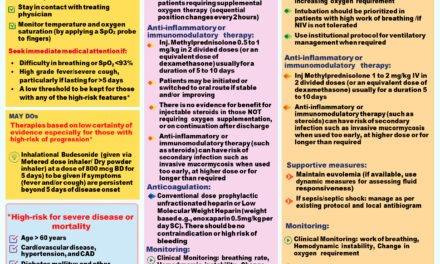February 5, 2025
A new study published in the Journal of Clinical Endocrinology & Metabolism has revealed that body-weight cycling, commonly known as yo-yo dieting, may significantly increase the risk of kidney disease in individuals with type 1 diabetes. The research highlights that these risks are present regardless of body mass index (BMI) and other traditional risk factors.
Understanding Yo-Yo Dieting and Its Prevalence
Yo-yo dieting refers to the repeated loss and regain of body weight over time. This pattern of dieting has been widely observed, with prevalence rates reaching as high as 35% in men and 55% in women. Prior studies have already linked body-weight cycling to increased risks of cardiovascular diseases in both the general population and individuals with type 2 diabetes. However, this study is the first to establish a connection between yo-yo dieting and kidney complications in people with type 1 diabetes.
Study Findings and Methodology
The study was led by Dr. Marion Camoin of the Center Hospitalier Universitaire de Bordeaux, France. Researchers examined six years of body-weight indices from 1,432 participants in the Diabetes Control and Complications Trial (DCCT)/Epidemiology of Diabetes Interventions and Complications (EDIC) study.
One of the key metrics used to assess weight fluctuation was “variability independent of the mean” (VIM), which measures deviations above and below a person’s average body weight. The research team then analyzed six indicators of kidney function decline, primarily focusing on the estimated glomerular filtration rate (eGFR), a crucial measure of kidney performance.
Findings revealed that participants experiencing greater weight fluctuations saw a 40% decline in eGFR from baseline values. Additionally, they were more likely to develop moderately and severely increased albuminuria—a condition where elevated levels of albumin are found in the urine, often a marker of kidney disease progression. These results were further supported by other kidney function indices.
Possible Causes and Health Implications
The precise mechanisms behind the link between yo-yo dieting and kidney disease remain unclear. However, researchers propose several possible explanations:
- Insulin Therapy Influence: Insulin therapy, essential for type 1 diabetes management, may contribute to weight fluctuations.
- Cardiovascular Strain: Fluctuating weight can place additional stress on the heart, potentially leading to vascular and kidney damage.
- Metabolic Instability: Repeated cycles of weight loss and gain may disrupt metabolism and impact organ function over time.
Preventive Strategies and Recommendations
Given these findings, the study’s authors stress the importance of maintaining long-term weight stability in individuals with type 1 diabetes. They recommend weight management strategies that emphasize sustainable lifestyle changes rather than rapid weight loss or extreme dieting.
“Strategies aimed at weight reduction in people with type 1 diabetes should focus on promoting long-term weight maintenance, as weight stability may have a positive impact on health outcomes,” Dr. Camoin emphasized.
Conclusion
This groundbreaking study sheds light on an emerging health risk for individuals with type 1 diabetes and underscores the importance of avoiding extreme weight fluctuations. Healthcare providers and patients alike may need to rethink traditional weight management strategies to prevent complications such as diabetic kidney disease.
For more information, refer to the full study: Marion Camoin et al., “Body-weight Cycling and Risk of Diabetic Kidney Disease in People With Type 1 Diabetes in the DCCT/EDIC Population,” The Journal of Clinical Endocrinology & Metabolism (2025). DOI: 10.1210/clinem/dgae852.
Disclaimer: This article is for informational purposes only and should not be considered medical advice. Please consult a healthcare professional before making any changes to your diet or diabetes management plan.












